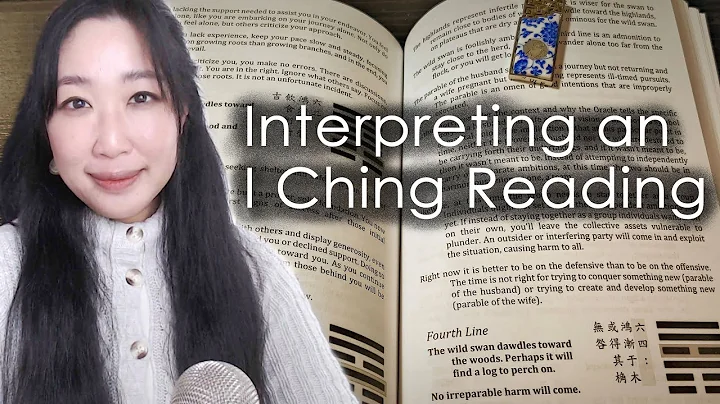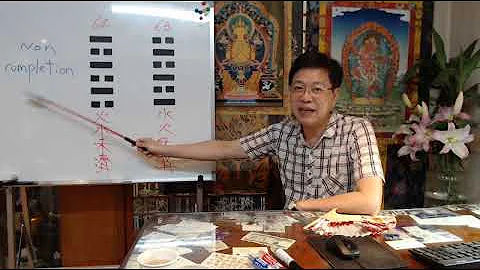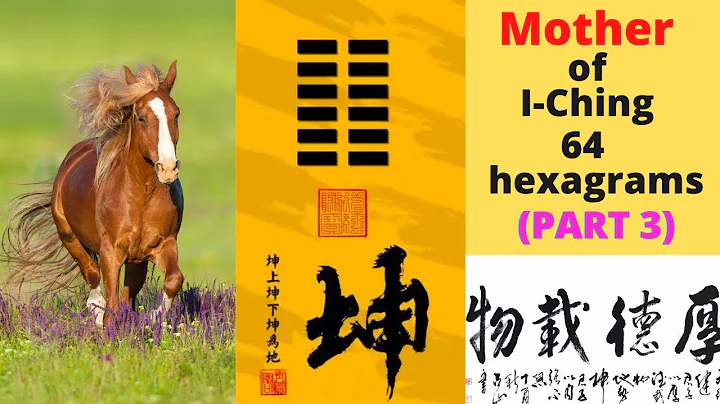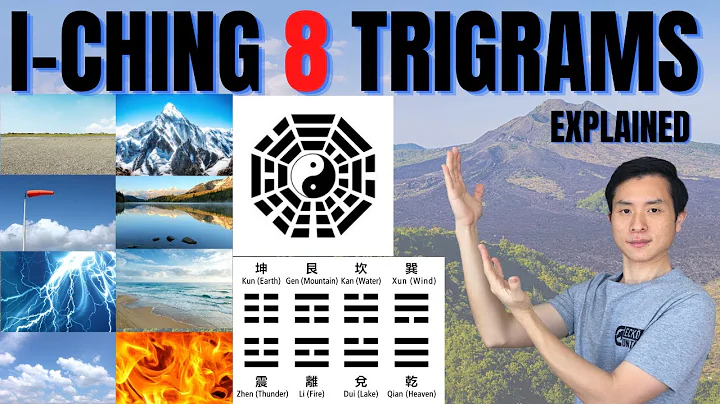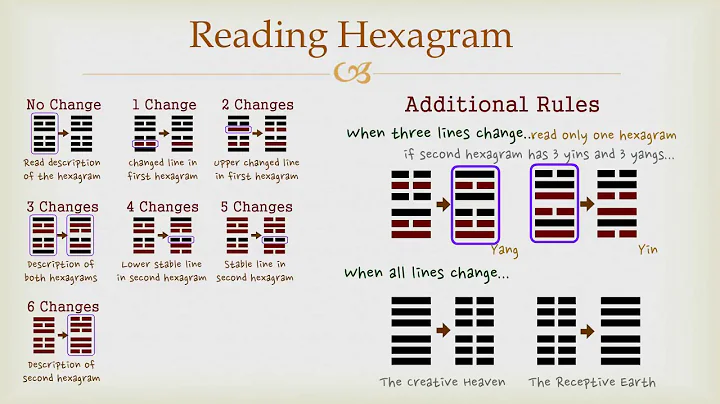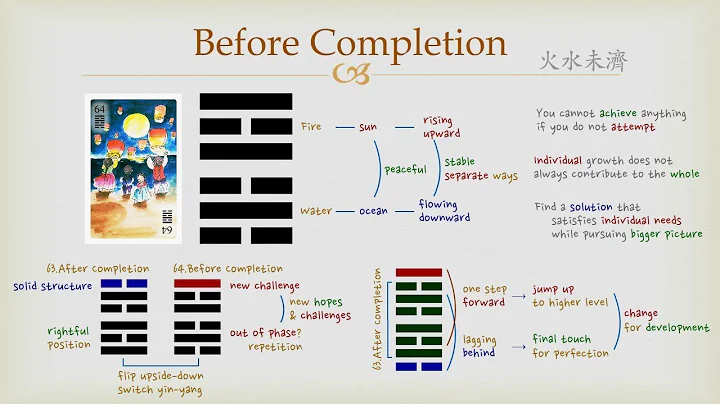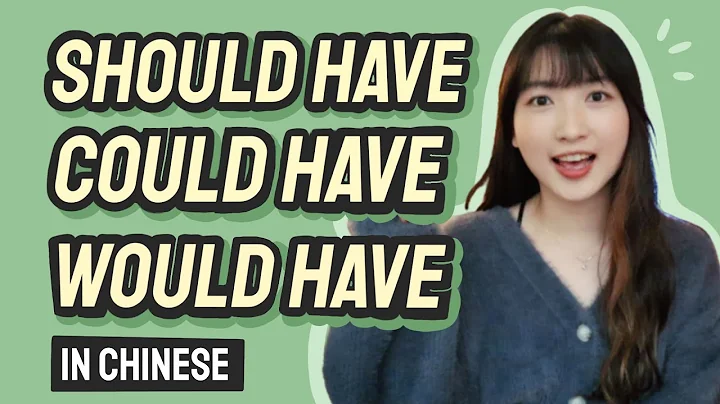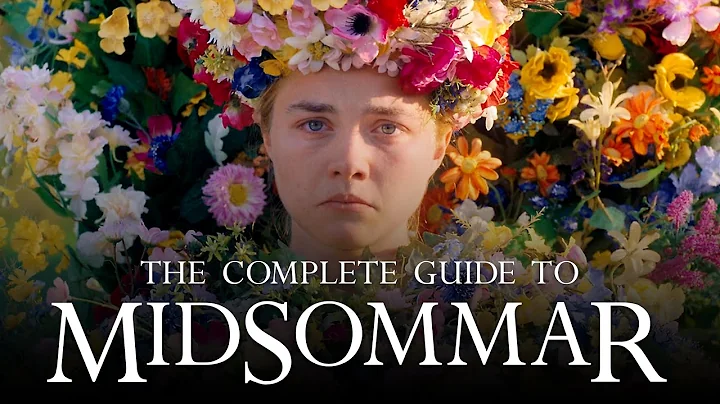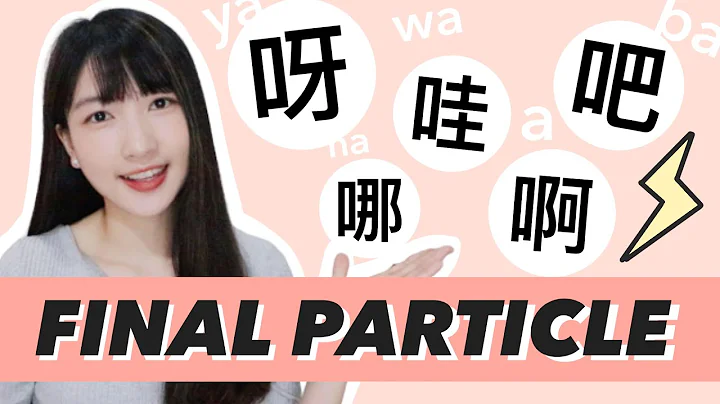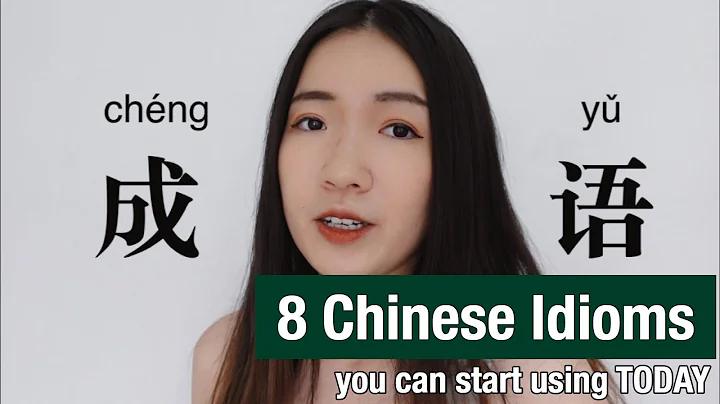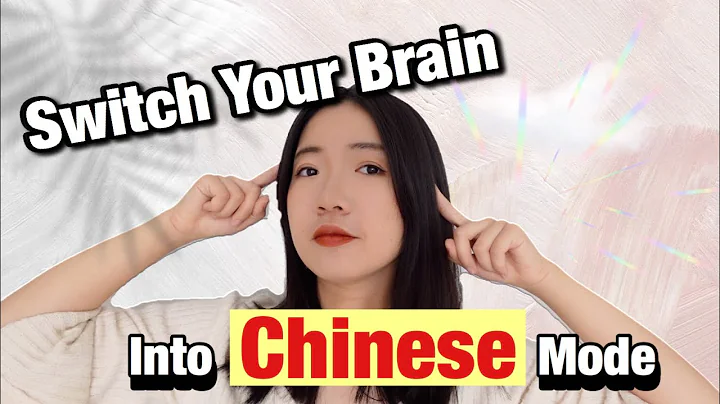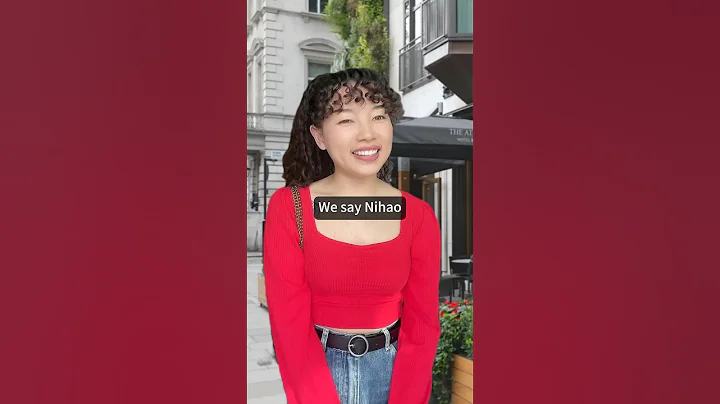
No hexagram is a different hexagram, one of the sixty-four hexagrams in the "Book of Changes", and its code name is 0:7[1]. "No" (pǐ), not, negate. Denial is not necessarily a bad thing. The main hexagram of No hexagram is hexagram 0, hexagram Kun, and its guest hexagram is hexagram 7, hexagram Qian. The hexagram image of Kun hexagram is earth, and the hexagram image of Qian hexagram is sky. The earth receives the light and heat from the sky and nurtures the growth of all things, which is not a bad thing; however, everything on the earth must obey the changes of the sky and be controlled by the sky, and the earth's own individuality is denied. In the example of the relationship between host and guest, the earth symbolizes the host and the sky symbolizes the guest. The host must change in response to the guest. In the picture on the left, red indicates the correct line, sky blue indicates the inappropriate line, and the arrow indicates the appropriate line.
The Fu hexagram is the twelfth of the sixty-four hexagrams in the Book of Changes. There is no communication between heaven and earth (No hexagram). The hexagram "No" explains the principles of coping with the dark period that finally comes when the villain is in power and the gentleman is in decline. During this abnormal period, a gentleman should be alert, consolidate unity, stand firm, uphold justice, and nip trouble in the bud; when the villain's power shows signs of decline, he should not act rashly, but must be cautious, concentrate his strength, seize the opportunity, and deal fatal blows A blow.
1 Yao Ci Structure Edit

The structure of the Fu hexagram and the hexagram Yao Ci
There are three harmonious relationships between yin and yang in the Fu hexagram, as shown by the arrows in the figure. These three harmonious relationships are all yin for the host and yang for the guest. However, not all are beneficial to the host.
The first harmonious relationship between yin and yang is the harmony between the first and fourth lines [1]. These two lines represent the actions of the host and the guest. The host is passive, the guest is proactive, and the host is passive by the guest. The other side controls, which is detrimental to the main side. These two lines are both sky blue in the picture. Sky blue means improper positioning, that is, the position of the lines is inappropriate. This is the first and fourth lines. If the yin and yang states of both parties are reversed, with the host being yang and the guest being yin, the host being positive and the guest being negative, it will be beneficial to the host. Therefore, as a matter of reasoning, the position of the first and fourth lines is called the yang position, which means that the yin line and are in the yang position [3], which is not the right position. Failure to respond appropriately will be detrimental to the host party.
The second type of yin and yang harmonious relationship is the harmony between the second and fifth lines. These two lines represent the quality of the host and the guest. If the host has poor quality and the guest has good quality, the host may learn from the guest's good quality. The qualities make up for the deficiencies, and this harmony is beneficial to the main party. Therefore, as a reasoning, the positions of the second and fifth lines are called the Yang position. They are shown in red in the figure. Yang Yao is in the Yang position and is in position. Being in position and responding accordingly will be beneficial to the host.
The third harmonious relationship between yin and yang occurs between the third and sixth lines. This is the line that represents the attitude of the host and the guest. The easy-going host is suppressed by the tough guest, which is detrimental to the host. This is also inappropriate and inappropriate, which is detrimental to the main party.
According to the regular changes [4], the host has reached the end of decline, and the guest has reached the peak of development. As time goes by, the host will have a new beginning, and the guest will begin to decline, and the host will be denied. When the time comes, the host should wait patiently.
Generally speaking, the negative hexagram indicates that the host is controlled and suppressed by the guest. However, the host and guest are in a state of complete harmony, relatively stable, and difficult to change the status quo. Moreover, the host can still get some benefits from the guest, so the host should Obey the customer, respect the customer, maintain the relatively comfortable status quo, benefit from it, and the situation will gradually improve.
uses "no" three times in the line. The second line of "No, my lord" means that the host should deny the attitude of thinking he is great; the fourth line shows that after executing orders and sharing blessings, the situation gradually improves; the fifth line of "No, my lord is lucky" means Don't deny it, act like a big shot. The "Qingbu" in the sixth line means that the state of being denied is completely reversed, "No first, then joy". After deleting some judgment words, the six lines are a complete prose poem with the theme of "no". The following is its translation:
is like pulling out soft grass, and the grass blades are gathered together;
bear everything and be a small person Geely, don't act like a big shot,
endures all humiliation,
executes orders and shares a blessing.
stop denying and consider yourself lucky as a big shot. Negation is ending, negation is ending, tightly tied in the mulberry bush.
The negation is overwhelming, first deny and then rejoice.
The hexagram comprehensively explains what the host should do under the current situation.
2 Explanation of the hexagrams
Qian above and Kun below
No (pǐ): No is a bandit, which is not good for a gentleman's chastity.
[Vernacular] "Fu Gua" symbolizes occlusion: in a closed society, communication between people is not smooth, there is no convenience in the world, and a gentleman must stick to the right path; at this time, the strong leave and the weak come.
3 Yao Ci explanation
editor
On the sixth day of the lunar month, draw Mao Ru , with its Hui, Zhenji, and Prosperity.

No Gua
[Vernacular] On the sixth day of the Lunar New Year, you pull up a handful of thatch and see that their roots are connected together. Birds of a feather flock together. When looking for them, identify them by their type; the result is auspicious and prosperous.
"Xiang" says: "Pluck the grass and make it auspicious", and the ambition is for you. [Vernacular] "Xiang Ci" says: "When you pull up thatch, its roots are connected, and the result is auspicious", which shows that you are loyal and have the lofty ambition to make contributions to the monarch.
Sixty-two, acceptance, the villain is lucky; the adults are negative, prosperous.
[Vernacular] Sixty-two, if you flatter a powerful person, it will be auspicious for a villain; if a respected big man denies flattery, it will be auspicious.
"Xiang" says: "If the adults are prosperous", they will not mess with the crowd.
[Vernacular] "Xiang Ci" says: "It is auspicious if a respected big man denies flattery", because a respected big man cannot associate with villains.
Sixty-three, shame.
[Vernacular] Sixty-three, because he was indulged in misbehavior, he finally caused humiliation.
"Xiang" says: "Bao Sha" is not in the right position.
[Vernacular] "Xiang Ci" says: "Because of being indulged in misbehavior, it finally leads to humiliation", which shows that the position at this time is not correct.
Ninety-four, there is no blame for fate, and it is good luck to be away from home.
[Vernacular] September 4th, follow the destiny, act for heaven, open up the blockages, there will be no disasters, everyone can get blessings by relying on each other.
"Xiang" says: "There is no blame for fate."
[Vernacular] "Xiang Ci" says: "Follow the mandate of heaven and do justice for heaven. There will be no disaster if there is a blockage." This shows that we must realize our ambition to help the poor and help those in need and do justice for heaven.
Nine-five, if you stop or not, it will be auspicious for you; its death and death are tied to mulberry .
[Vernacular] In the Ninth Five-Year Plan, the blockage of the world will end, and the great people with high morals and power can gain good fortune; in times of peace, be prepared for danger, and often remind yourself with aphorisms such as "will perish soon, will perish soon"
, so that you can be like It was so firmly tied to a large clump of mulberry trees, safe and sound.
"Xiang" says: "The good luck of the adults" means that the position is right.
[Vernacular] "Xiang Ci" says: "A big man with high moral character and high power can gain good fortune", which shows that he is in the middle position at this time, which is appropriate.
is nine, it means no; first no, then happy.

No Gua
[Vernacular] On the ninth day, the blocked situation of the world will change, and earth-shaking changes have taken place; it was blocked at first, but then it became smooth and accessible, and everyone is happy and happy. "Xiang" says: Otherwise, it will end up falling, how can it last!
[Vernacular] "Xiang Ci" said: When the occlusion reaches the extreme, it will inevitably overturn, and things will be reversed. Otherwise, the situation will not last long without change.
